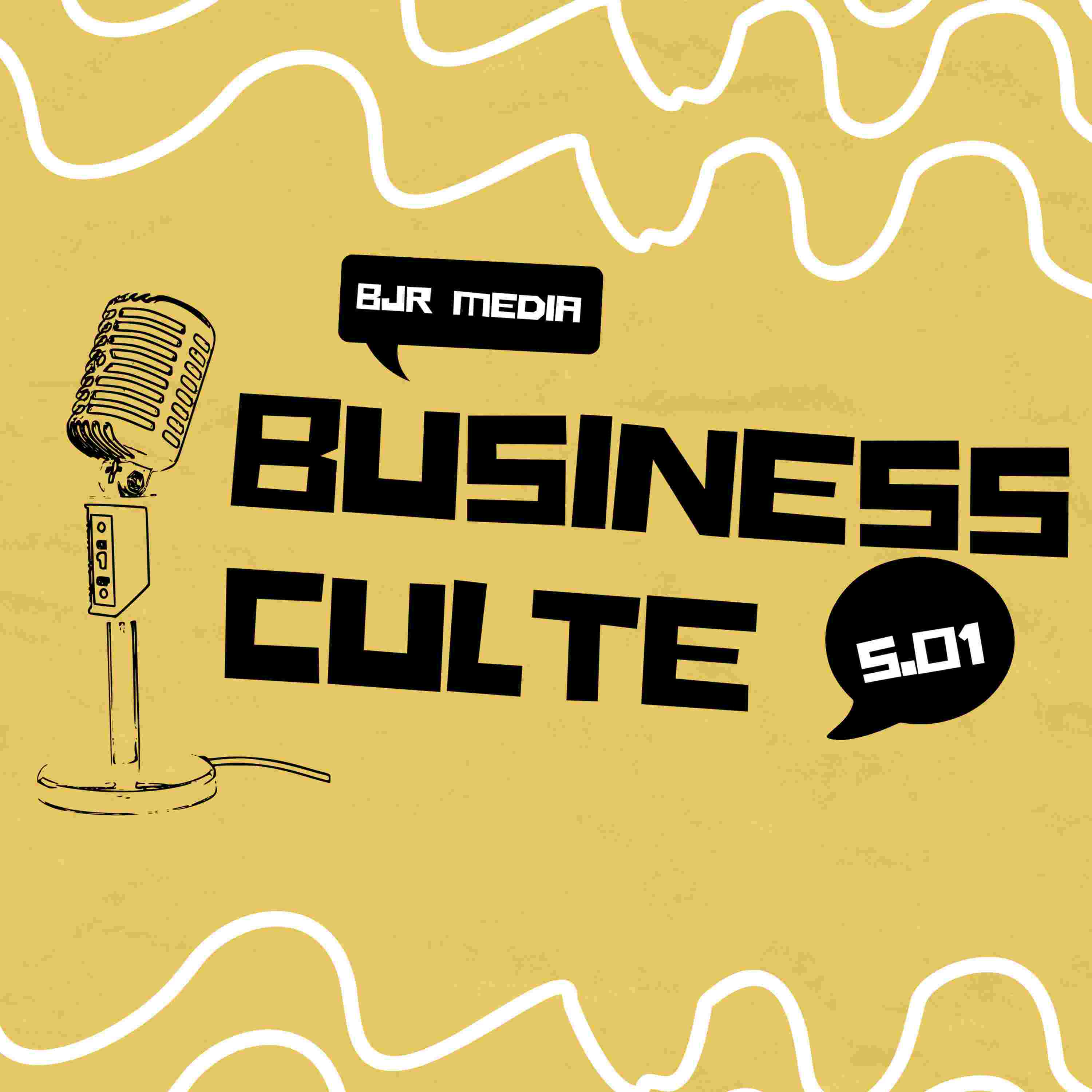

"So, to summarize," Sonneborn says, "You have a miniscule revenue stream, no cash reserves, and an albatross of a contract that requires you to go through a slow approval process to make change, if they're approved at all. Which they never are. Am I missing anything?"
"That about sums it up," Kroc says.
Sonneborn thinks for a moment. "Tell me about the land," he says. "The land, the buildings...how that whole aspect of it works."
And with that question, everything changes for Kroc--and McDonald's.
"Pretty simple, really," Kroc says. "Franchisee finds a piece of land he likes, gets a lease, usually 20 years, takes out a construction loan, throws up a building, and off he goes."
The operator selects the site. The operator picks the property. Kroc provides training, the system, the operational know-how. The operator is responsible for the rest.
"Is there a problem?" Kroc says.
"You don't seem to realize what business you're in," Sonneborn says. "You're not in the burger business. You're in the real estate business."
According to Sonneborn, Kroc can't build an empire off a 1.4 percent cut of a 15-cent hamburger. You build it by owning the land upon which that burger is cooked. He tells Kroc to buy plots of land to lease to franchisees who, as a condition of their franchise agreement, can only lease from Kroc.
The story of Ray Kroc, a salesman who turned two brothers' innovative fast food eatery, McDonald's, into the biggest restaurant business in the world, with a combination of ambition, persistence, and ruthlessness.